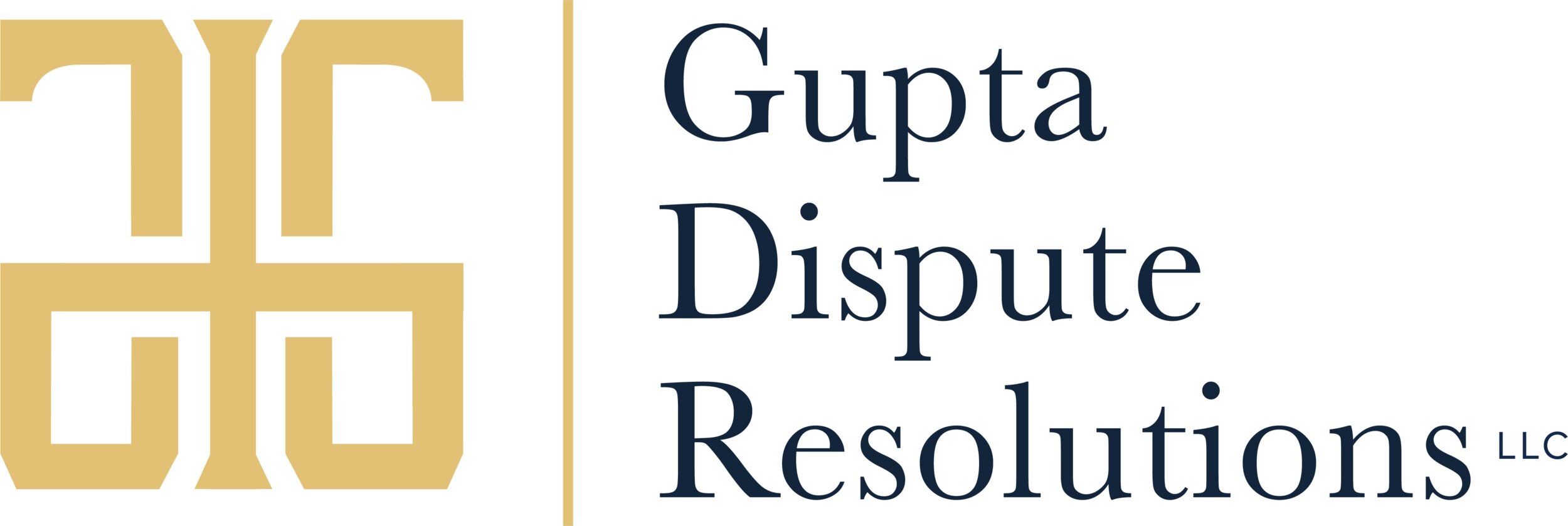Arbitration: Three Main Factors That Drive Cost and Timing
An attorney I used to work with is about to defend her first arbitration. She has years of experience with litigation, but is unfamiliar with the arbitration process and had questions about what to expect. Her two main questions were: (1) How much will the arbitration cost and (2) How long will it take?
Terrific questions. Unfortunately, the answer to both questions is: “it depends.”
There are three significant factors that will impact the cost. If the arbitration provision does not have a specific mandated timeframe for the conclusion of the arbitration, these three factors will also impact the schedule of the arbitration. Of these three factors, one you have total control over. The second, partial control. And the third, no control whatsoever. What are they?
Your outside counsel. If your goal is to get a quick resolution and keep costs down, select someone experienced in arbitration who understands those priorities. The strategies your counsel employs with discovery, motion practice, and disputes with opposing counsel have a direct impact on the costs and schedule. If your attorney is overly litigious and not practical, the parties will spend more money and time trying to get to an evidentiary hearing. But if your attorney recognizes the differences between arbitration and litigation and is collaborative in designing a process with the other side’s counsel that targets the best way to pursue or defend the claims and issues, arbitration should be faster and cheaper than litigation.
The arbitrator. Depending on your arbitration provision, you likely have at least partial control over the selection of the arbitrator. Typically, if the provision invokes the rules under a particular arbitral association (i.e., AAA, JAMS, CPR, etc.), there is a specific process in that association’s rules that governs the selection of the arbitrator, and typically, the parties have the opportunity to rank and strike arbitrators.
The arbitrator is critical in ensuring the arbitration process meets the parties’ goals and expectations. The arbitrator’s approach to discovery, motion practice, and overall management of the arbitration process will have a direct impact on the costs and schedule. You need to do your research. Figure out what background and expertise will be helpful in deciding the claims and issues. Ensure the arbitrator has the right style and approach and will help you keep the arbitration streamlined and efficient (if that is your goal). Ask your colleagues about their experiences with arbitrators—what has been the arbitrator’s practice in terms of discovery, managing disputes, motion practice? Find someone aligned with your goals.
Your adversary’s counsel. You have no control over this factor and he or she can throw a monkey wrench into the process, if they want to. But hopefully, given the amount in dispute, your adversary will also want an attorney focused on keeping costs down and getting a quick resolution. And if not, the right arbitrator will prevent your adversary’s counsel from going too far afield.

